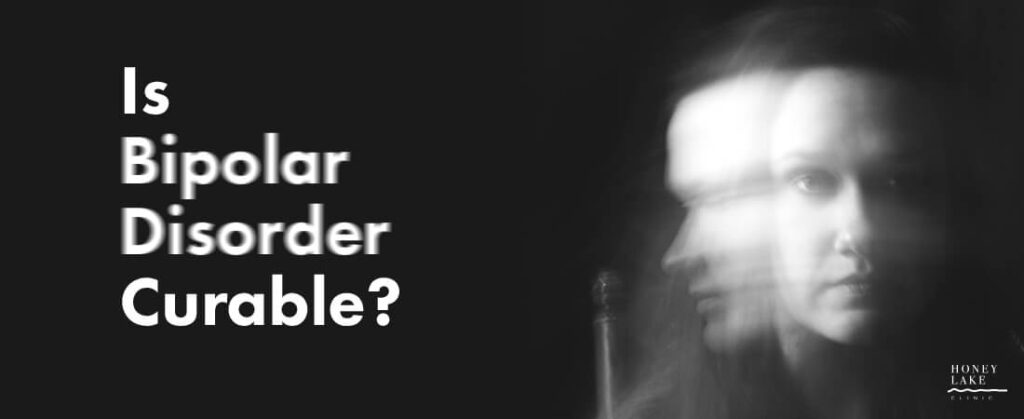Is Bipolar Disorder Curable?
Bipolar Disorder (formerly known as manic-depressive illness), is a serious mental illness characterized by manic episodes, high highs in energy and activity, and depressive episodes, low lows emotionally and energetically. These are not the normal highs and lows or ups and downs that everyone experiences. These mood swings are extreme and begin to interfere with daily living.
The condition, if left untreated, can make it difficult for sufferers to hold down a job or maintain relationships with family and friends. It can become very serious, even leading someone to become suicidal.
Defining bipolar disorder’s terms
A person with bipolar disorder typically swings from one extreme state to another—feeling very high and excited (mania) to feeling very low and sad (depression). There’s also an in-between state that’s called hypomania. Breaking them down:
- Mania might feel as though you can do anything, perhaps even something risky or illegal without considering risks or costs. Symptoms may include not feeling tired, not sleeping much, spending money extravagantly, participating in risky sexual behaviors, and having hallucinations or delusions.
- Depression symptoms include things like not wanting to get out of bed for days on end, sleeping more than usual and still feeling tired all the time, and bouts of uncontrollable sadness and crying. During depressed episodes you may lose interested in things you once enjoyed, neglect daily responsibilities, feel hopeless, helpless, or worthless. You may even want to die.
- Hypomania is a type of mania that is less extreme. Episodes may include a boost in self-confidence (without risky behavior), a better ability to focus, extra creative or innovative bursts of energy, and feelings of being on top of the world.
Types of bipolar disorder
There are four forms of bipolar disorder, each varying in severity. The severity of someone’s manic, depressed and hypomanic episodes determine the form of bipolar they’re diagnosed with. Here is how they’re identified:
- Bipolar I Disorder: Manic episodes lasting at least 7 days and depressive episodes lasting at least two weeks. Mixed episodes, or the presence of both mania and depression, are possible.
- Bipolar II Disorder: A mix of manic and depressive episodes that are not as severe as those of Bipolar I Disorder.
- Cyclothymic Disorder: A series of manic and depressive episodes over a period of at least two years, but not as severe as those experienced with Bipolar I or II Disorders.
- Other Specified and Unspecified Bipolar and Related Disorders: Symptoms of manic and depressive episodes that don’t fit any of the above categories.
Bipolar disorder in any of its forms can be a confusing and discouraging challenge for the individual facing it and the people who love them. If you think you or someone you love may be suffering with a bipolar disorder, we want to help.
Can bipolar be cured?
This is why you’re reading this article: Is there a cure? Is there treatment? Is there hope?
While there is not a cure for bipolar disorder, it is very treatable. Under proper care and monitoring, symptoms can be alleviated with a combination of medication and therapy. With treatment, people with bipolar disorder can lead healthier, happier and successful lives.
Honey Lake Clinic’s experienced staff, licensed therapists, psychologists, and psychiatric specialists understand what you’re going through. We believe effective treatment for bipolar disorder requires a multifaceted, faith-based approach, involving healing of the mind, body, and spirit. We see it work every day in the lives of our clients. Let us guide you to an accurate diagnosis and start you on the path to health.



